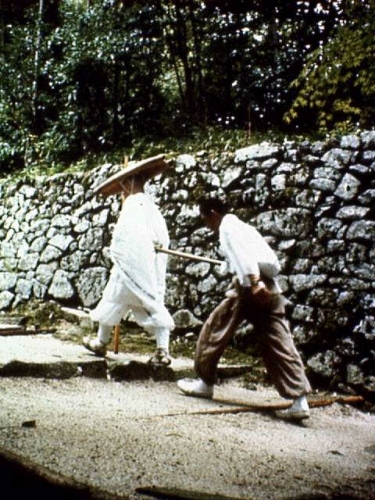

The aim of this article is to examine the experiential aspect of long-distance running, aided by a close reading of Murakami’s memoir as well as various understandings gleaned from mindfulness, (hermeneutic) phenomenology, Buddhism and sports.

This is confirmed by Japanese novelist and marathon runner Haruki Murakami (1949), who notes in his memoir, What I Talk about When I Talk about Running ( 2009), that long-distance running can bring greater meaning to life in general. Running is an intra-subjective activity that orients the individual towards his/her own subjective experiences and struggle for achievement within both the narrow context of training and competition and the broader context of life itself (cf. Certainly, all sportspersons would find such benefits to be advantageous, including those involved in individual sports such as long-distance running, the topic at hand. These practices have been shown to strengthen the mind–body connection, increase situational awareness (Mipham 2012 Shapiro 2009 ) and enhance psychophysical well-being, both individually and collectively (Nilsson 2014). Baltzell and Akhtar 2014 Gardner and Moore 2007 Kaufman, Glass, and Arnkoff 2009 Mipham 2012 Shapiro 2009). Mindfulness, which has proven effective in terms of overcoming mental obstacles and enhancing performance in sports, involves the practices of body scanning (sitting and walking) meditation and yoga (cf. Within this framework, the practice of mindfulness will be prominently featured.

Although the focus of this article is on long-distance running rather than music, I intend to apply Schutz’s basic approach in making a (hermeneutic) phenomenological 1 analysis of the obstacles and opportunities entailed in this sport. In the article ‘Making Music Together: A Study in Social Relationship’ (Schutz 1951), Austrian sociologist and phenomenologist Alfred Schutz (1899–1959) attempts a phenomenological analysis of music making.


 0 kommentar(er)
0 kommentar(er)
